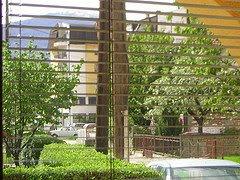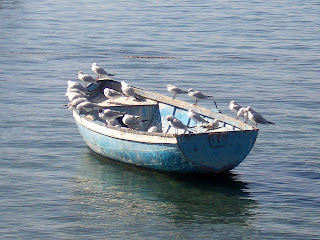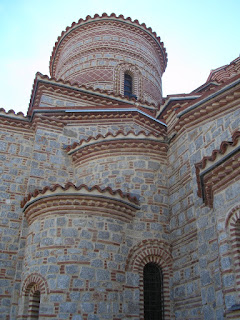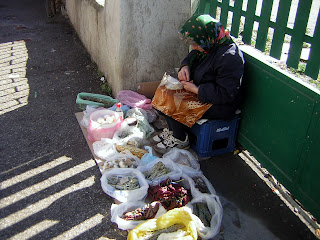There are several possibilities to make videos:
- The one above was made by a web cam. It's published on blip tv, because it supports Creative Commons licenses.
- It's not possible to upload http://www.youtube.com/ videos, without converting them for wikiversity/ wikimedia. However, as Hans's video uploaded on Lemill shows, these videos may be used for creating free educational resources.
- The you tube video with the American President is a model how to put smaller clips together.
- Power Point Presentations can be uploaded at http://www.slideshare.net/ . This site supports Creative commons licenses. PPPresentations can either be added as links to websites, blogs and wikis or embeded. The google docs presentation are for collaborative work on presentations.
- However, WINK seems more proffesional, or something that I can't make yet. I installed the wink software. I read the tutorial and made the first small steps. Here is what it should do.
- http://www.Dotsub.com , is a web tool which supports CC licences and subtitles in any language. When uploading avideo, the video uploader and producer decides who will have rights to caption and/ or translate it.
- I translated this video in Macedonian language.
I will probably upload a video, on this web site, although the Conversation Week, 2008 is over now. Upps...I have to check the CC licence for translation...





